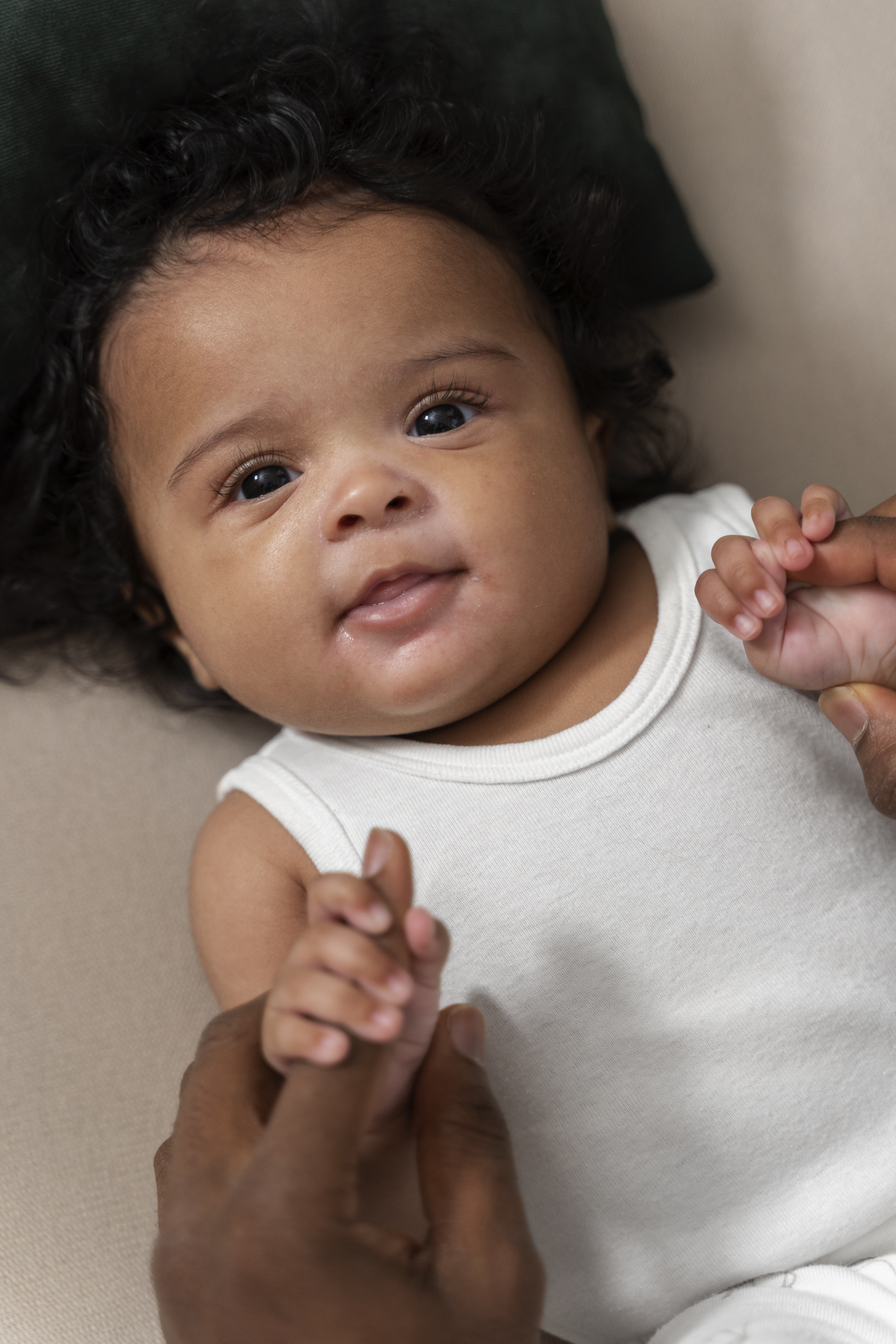Maternal Mental Health
Mothers are often some of the most caring and least cared for people in our communities. Their life changes forever from the moment they conceive and their entire focus shifts onto the wellbeing of the newborn after delivery. But who looks after them?
Part of the Mental Health Awareness Month observed in the UK every month of May, the Perinatal Mental Health Partnership UK launched the Maternal Mental Health Awareness Week for the first time in 2017. The celebration is aimed at highlighting the importance of mental health support during pregnancy and after childbirth, raising awareness of maternal mental health challenges and reducing stigma.

According to the Royal College of Obstetricians and Gynaecologists, 1 in 5 women develop a mental illness during pregnancy or in the first year after birth. These conditions include depression, anxiety, and post-traumatic stress disorder (PTSD). Untreated perinatal mental health problems can have significant and long-lasting effects on the woman, the child, and the wider family.
The Maternal Mental Health Alliance (MMHA), is a UK charity and network of 130 organisations, dedicated to ensuring women and families affected by perinatal mental health problems have access to high-quality, compassionate care. Their website highlights that suicide remains the leading cause of direct maternal death in the first postnatal year. In the year 2020, the likelihood of death by suicide during this period was 3 times greater compared to 2017–2019. Mental ill-health and heart disease are now on an equal footing as the cause of maternal deaths in the UK.
Race is another disparity factor when it comes to maternal mental health. Black mothers in England are more than twice as likely to be hospitalised with perinatal mental illnesses compared to white mothers. Despite accounting for only 5% of deliveries, they represented 12% of hospital admissions for puerperal mental disorders from 2020 to 2023.
Statistics published by the Mental Health Foundation highlight that perinatal mental health problems carry a total economic and social long-term cost to society of about £8.1 billion for each one-year cohort of births in the UK.
Far beyond the financial impact, maternal mental health and wellbeing should take a priority seat in the afterbirth care for the sake of our future generations. A healthier, happier mother will translate into better attuned young children and then happier, healthier adults.
As more women pursue higher education, their experiences in academic settings become increasingly diverse and nuanced. For many women, juggling the demands of university life - attending lectures, meeting deadlines and participating in extracurricular activities - can be compounded by external responsibilities, such as caregiving or managing household duties.
For women who are also mothers, the pressures can be even more intense, with maternal mental health challenges often overlooked in traditional academic environments.
Despite these challenges, women in higher education exhibit remarkable resilience and determination, contributing to an inclusive academic culture where diverse perspectives are valued. However, without adequate mental health support, particularly tailored for mothers, the full potential of these women may not be realised. As universities continue to embrace inclusivity, it's essential to ensure that maternal mental health is a priority, creating environments where women - particularly mothers - can thrive both academically and personally.
How can we better support students?
Universities can better support student mothers by offering flexible study options, like online courses or extended deadlines, to help balance their academic and caregiving duties. Signposting on-campus facilities such as the designated breastfeeding/welfare room within the Students' Union for student parents to breastfeed, express milk, change and feed their children and find respite could also alleviate some of the logistical challenges they face.
 The existing SPACE Carers Network at St George's Hospital is a society designed to support students with caring responsibilities, whether they are parents, have other dependents, or provide support for family members. The network works with the Students' Union and Vice-President for Education and Welfare to advocate for better services and support for student carers and their advocacy was instrumental in securing the dedicated welfare room in the Hunter Wing (Tooting Campus). But we can always do better.
The existing SPACE Carers Network at St George's Hospital is a society designed to support students with caring responsibilities, whether they are parents, have other dependents, or provide support for family members. The network works with the Students' Union and Vice-President for Education and Welfare to advocate for better services and support for student carers and their advocacy was instrumental in securing the dedicated welfare room in the Hunter Wing (Tooting Campus). But we can always do better.
Moreover, universities could enhance mental health services tailored to the unique needs of student mothers, ensuring they receive both academic guidance and emotional support throughout their studies.
What other ideas do you have for supporting student mothers?
What are we missing? Use this whiteboard to tell us what type of support in place is working, what is not working and what else could we do to better support our student mothers.
Resources
There are already a number of support avenues and resources available for those struggling or those looking for a way to help a mother in their lives such as:
Samaritans – 116 123 (24 hrs a day)
Mind – 0300 123 3393 (9am – 6pm Mon-Fri)
NHS Choices – 111 (24 hrs a day)
Here is also a list of some organisations doing incredible work in support of mother in our country:
Maternal Mental Health Alliance
Action on Postpartum Psychosis
Association for Post-Natal Illness
Maternal OCD
Miscarriage Association
Tommy’s
Ectopic Pregnancy Trust
Pandas Foundation
Words by: Alexandra Bondoc & David Ross